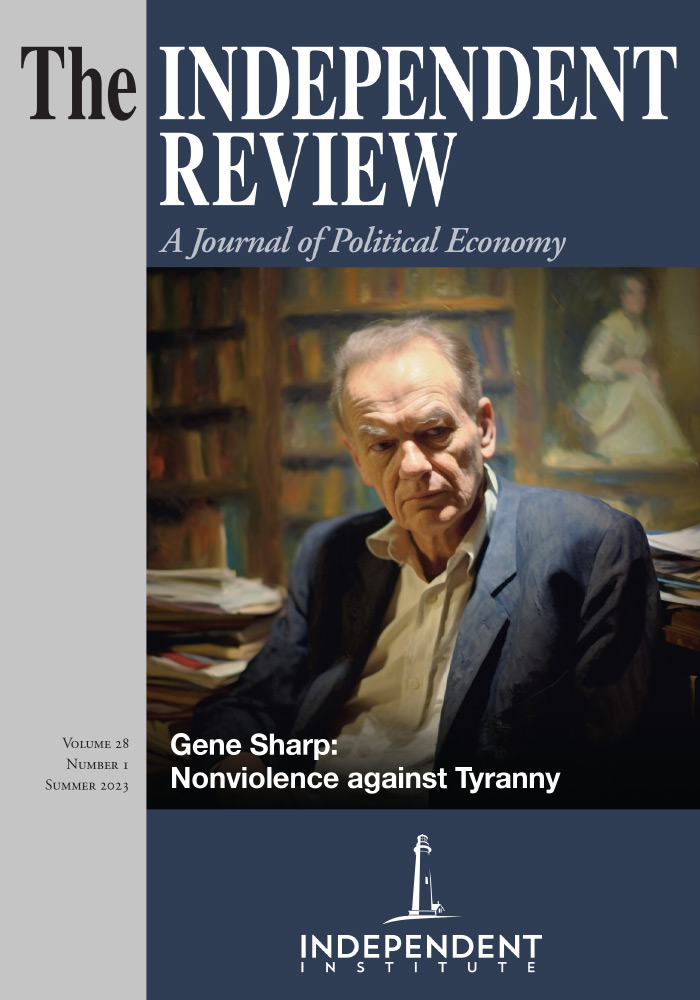Francis Fukuyama’s Liberalism and Its Discontents (2022) defends classical/humane liberalism—ideas that emerged in the second half of the seventeenth century—arguing for limitations on government, constitutions, the rule of law, and the protection of individual rights. Classical liberalism theory tends to be individualistic, egalitarian, universalist, and meliorist, with a capacity for self-correction. His goal is to describe contemporary American society’s retreat from the better aspects of classical liberalism.
Maryann O. Keating is a fellow at the Indiana Policy Review Foundation and has taught economics at various colleges in the U.S. and abroad.









